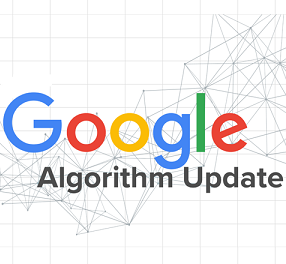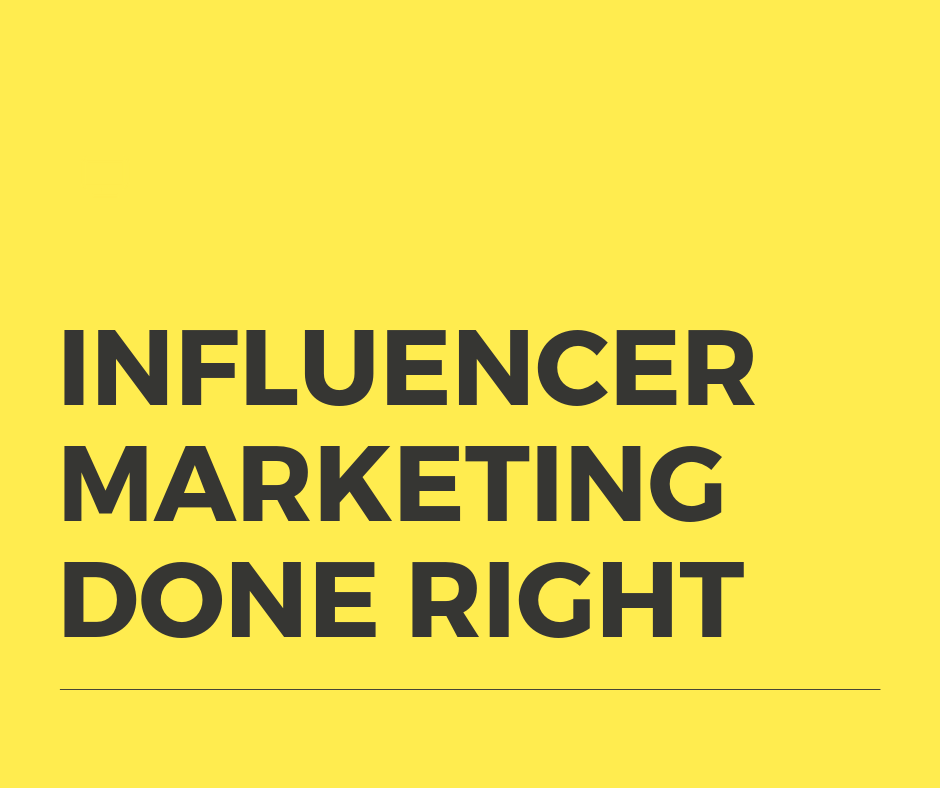
Google Core Update 2018: Lessons for those in Healthcare
The Google Core Update of August 2018 has left chaos behind. There is widespread loss in organic traffic. There are very few winners.
Not a lot is known about which parameters have been tinkered with and therefore it has been difficult to understand what corrective actions, if any, need to be taken.
The most affected have been YMYL (your money your life) websites and within these, the most affected are websites related to healthcare. The sectoral impact is very well covered here. The “Medic Update” is what the SEO fraternity has named it. And rightly so!
We have tried to look at data corresponding to winners and losers (some from within our portfolio of healthcare brands) to understand what lies at the root of this update and what factors might have been considered. There have been hypotheses, but little data to back the claims up.
Metrics driving the traffic up/down
We took the top winners and losers in the aftermath of this update and got down to understanding the important metrics for each one of them. Here are the main conclusions:
What did not matter
- Your absolute traffic
- Your domain authority
What did matter: Engagement & User experience
- Average duration per session/visit
- Number of pages consumed/visit
- Bounce rates (lower the better, of course)
Here’s the evidence (well, this is still anecdotal, but can provide us with a start)
All the data has been obtained from 3rd party sources and represents a like-to-like comparison. Data on engagement has been taken from Similarweb. Win and loss % data originally reported here have been used. Some more winning healthcare websites have been identified and their data added. DA scores were obtained from here.
Figure 1: Data for the top losers after the Core Algo Update 2018
Figure 2: Data for the top winners after the Core Algo Update 2018
What does the data tell us?
The narrative seems to be clear. The update’s impact has been felt page by page and not at an overall domain level. As shown in the data, the range of DA scores is wide, among the losers as well as the winners.
Those websites where the average page engages better (good quality, authoritative content), provides hooks to keep users engaged for longer, allows the user to navigate through more pages, have done well. Bounce rates correlate with pages/visit and therefore do not add incrementally to the story.
Here’s a like-to-like comparison to illustrate the same. We took two brands from the same sub-industry of home health within healthcare, playing in the same market and compared their losses and gains.
Figure 3: Engagement data for two home health players (Screenshot from Similarweb)
The one with better engagement (time spent) has lost minimal traffic where as the other lost 50% of their organic traffic. What better illustration of the impact than this one-to-one comparison?
The damage is done. What’s next?
If you are affected, here’s what we would recommend:
- The remediation is a long-haul process. Don’t be in a hurry.
- Identify the pages which have lost the most traffic from your search console.
- Work on each page, page-by-page, thinking about the consumer. Consider how you can make the content more interesting, more valuable than it already is.
- Think about what more related content would the user need after reading this page’s content. Is it easily accessible? Work on creating such content and making it easy to navigate to. Think ‘related articles’, ‘interlinking’ etc.
Déjà vu
It sure feels like that! 🙂 The list above is something which you would have seen many times before, but unfortunately, people pay more attention to technical verbiage rather than the fundamentals. The fundamental question to ask is whether the end consumer finds our content worth reading and if our content captures a user’s attention for a good amount of time. Think exactly like an author would think.





